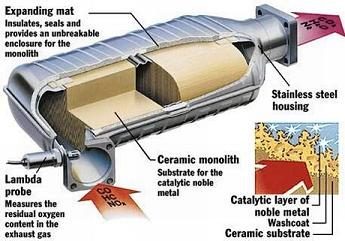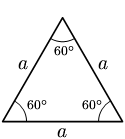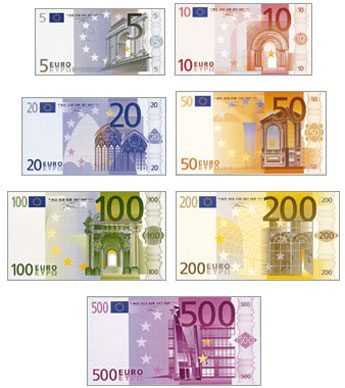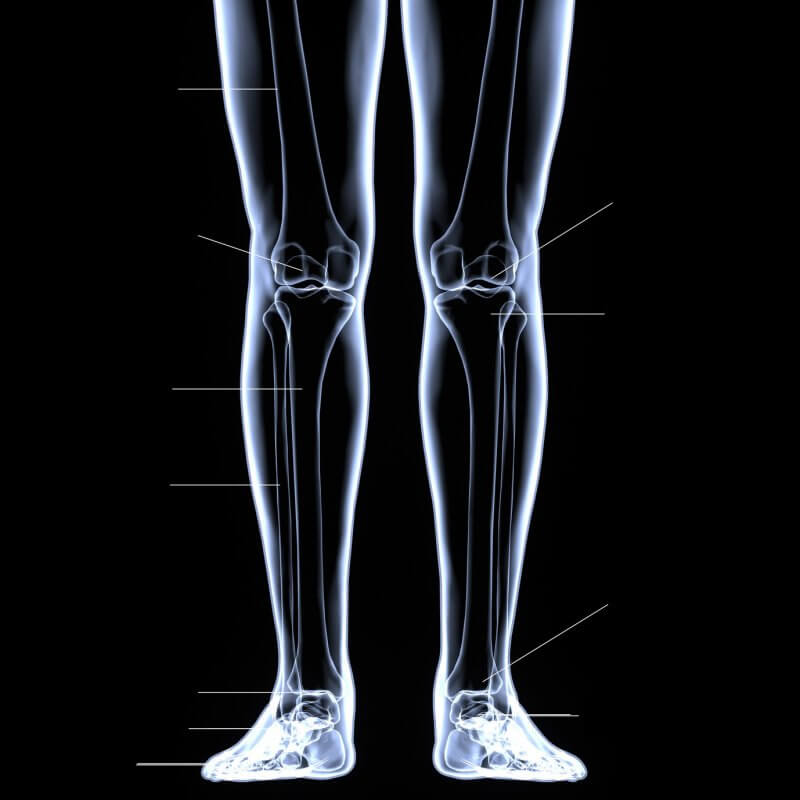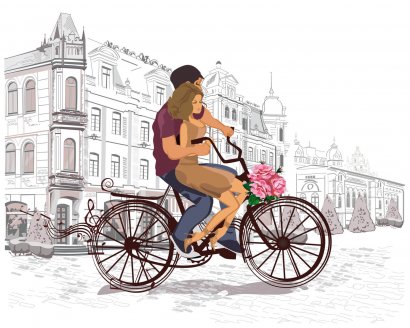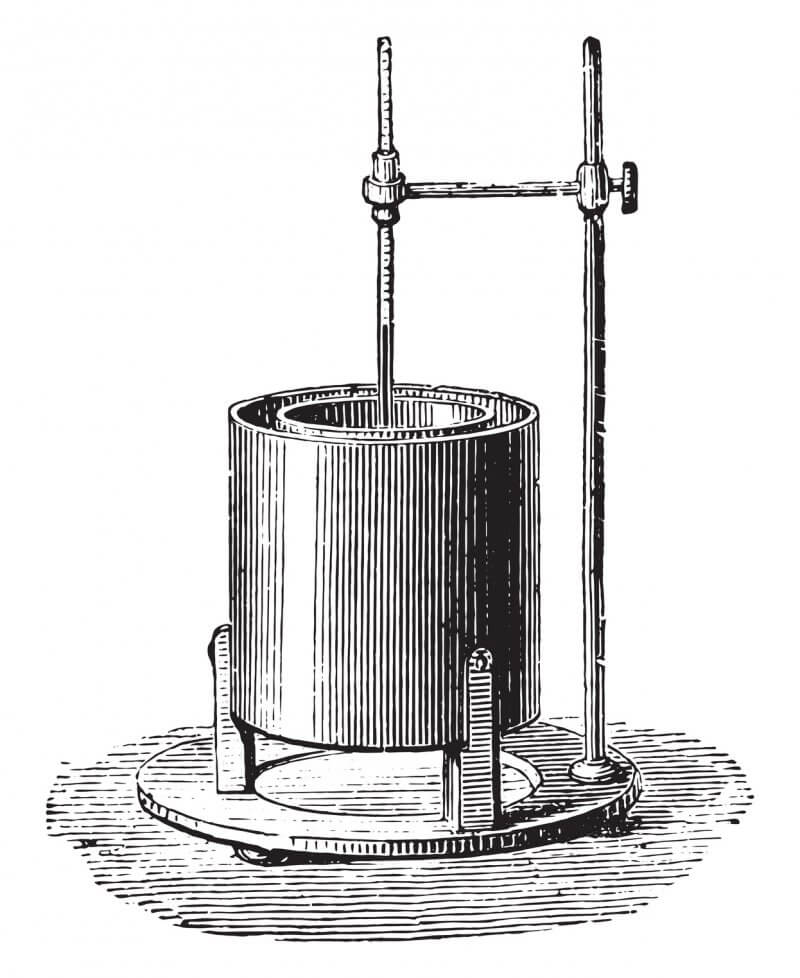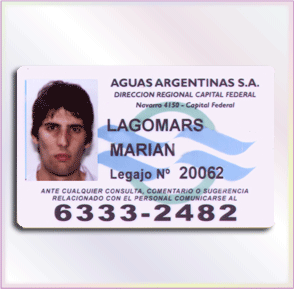Change that is executed on something with the mission of improving it in some aspect but does not generate a radical change
 By reform is understood to be that change that is proposed, projected or executed on a certain issue with the aim of achieving an innovation or an improvement in performance, presentation, among other issues. The reform proposes a gradual, progressive change in the structures of a certain organization. Basically there are some adjustments in those aspects that are not right, that do not work properly, and those that do are maintained, for this reason we must clarify that the reform does not imply a radical, total, absolute change of something.
By reform is understood to be that change that is proposed, projected or executed on a certain issue with the aim of achieving an innovation or an improvement in performance, presentation, among other issues. The reform proposes a gradual, progressive change in the structures of a certain organization. Basically there are some adjustments in those aspects that are not right, that do not work properly, and those that do are maintained, for this reason we must clarify that the reform does not imply a radical, total, absolute change of something.
For example, when the reform that an architect carries out in an old house, it will bring the change at a smaller level, individual if you like, although a reform can also be done on a broader issue that will bring consequences and innovations for an extensive majority, such as the reform of a law, the penal code, among others.
Very frequent processes in history in various fields, especially in the religious
Reforms, innovations or changes have been a constant issue throughout the history of humanity; Spheres such as religion, education, geography, architecture and law have been affected and modified by different reforms; agrarian reforms, university reforms and reforms of the different constitutions, among other.
If we review history we will find a huge number of movements that were called with this concept, precisely because they promoted changes in some aspects of society or institutions.
The Protestant Reformation marks a schism in the Catholic Church
Meanwhile, the religious sphere was one in which there has been the greatest variety of reforms, the Lutheran, Calvinist, Gregorian, Catholic, Anglican and Protestant reforms, were some of the most important and transcendent.
And without a doubt The Reformation, later called the Protestant Reformation, was the most important religious movement that has been carried out in this sense. It developed during the first half of the 16th century and had as its main consequence the appearance of Protestant churches.
Many thinkers, religious and politicians of that time decided to unite their spirits against the papal pretensions that dominated the whole world. Catholic Church in order to provoke a profound and general change regarding the uses and customs of the aforementioned institution. Advances in other senses had unleashed that imperative need and it was also essential to mark the change from the religious point of view. In addition to the religious who understood that it was necessary to change the current state of affairs, the collaboration of civilians was necessary to carry it out. Martín Luther and Juan Calvino were some of its highest representatives.
In principle, the proposal of this movement was to ignore and move away from the highest authority of the Church such as the Pope and this also led to an interpretative change with regard to religious texts.
Thus it is that diverse orientations appeared, each one with a different interpretation of the texts and also with a unique and proper way of understanding religious life.
More than anything, what the Protestant Reformation does is decentralize the power that united the Catholic Church and divides it with other institutions that began at that time to gain ground and relevance.
Unfailingly, this reform led to a tremendous crisis within the Church, which was surprised by this unexpected advance.
The main questioning on the part of the reformists was the prevailing corruption in the upper echelons of the Church and the lack of mercy on some issues. The sale of indulgences that the Church opportunely carried out with the mission of paying for the construction of St. Peter's Basilica was the stone that exceeded the glass and the patience of many Christians who felt disappointed and said enough,
In response, the Church persecuted many of the leaders of the Reformation, such is the case of Luther, whom he declared a heretic and excommunicated him.

